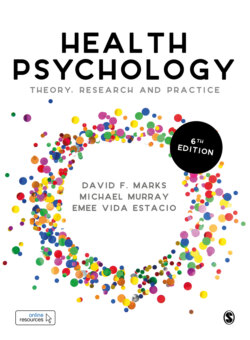Читать книгу Health Psychology - Michael Murray - Страница 96
На сайте Литреса книга снята с продажи.
Herbal medicine
ОглавлениеHerbal medicine involves the use of plants and plant extracts to treat illnesses or to promote well-being. This practice has been used for thousands of years, with the first recorded use in China in 2800 bc (Brown, 2007). It is believed that this practice was derived from the Ayurvedic tradition and then later adopted by the Chinese, Greeks and Romans. With the growth of the pharmaceutical industry, herbal medicine can now be produced and marketed on a massive scale. In the UK, about one in three adults takes herbal medicine (Posadzki et al., 2013b), while in the USA it is about 20% (Bent, 2008). Some of the most commonly used herbal products, and their purpose, efficacy and risks, are summarized in Table 6.1.
Table 6.1
Source: Adapted from Bent (2008: 856)
Data sources: † Rotblatt and Ziment (2002), Fugh-Berman (2003) and Ulbricht and Basch (2005); ‡ systematic review by Bent and Ko (2004)
Systematic reviews show inconsistent evidence on the efficacy of herbal medicine in treating various conditions. While some reviews did not have substantial evidence to support the use of herbal supplements during pregnancy (Dante et al., 2013) or to treat depression (Butler and Pilkington, 2013), others showed support for treatment of tic disorders (Kim et al., 2014), gout (Li et al., 2013) and irritable bowel disease (Ng et al., 2013). A systematic review by Li et al. (2014) showed how the use of herbal medicine can help to improve the quality of life among chronic heart failure patients. However, reviews that showed substantial findings also raised concerns regarding small sample sizes, high clinical heterogeneity, and poor methodological quality in some trials. We return here to a refrain from other chapters concerned with the evidence base for treatments: more large-scale randomized controlled trials (RCTs) are required to provide robust evidence on the efficacy of herbal medicine. At present, there is limited support for a few specific treatments but the evidence is inconclusive for many of the most popular herbal remedies.
